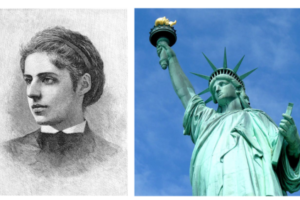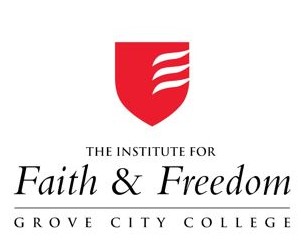Divided Government: An Opportunity, Not a Fluke
Do Americans have any right to complain about paralysis in the nation’s capital when they keep voting for divided government?
With most results already in, it appears that Democrats will hold onto their control of the Senate while Republicans will maintain their majority in the House. President Obama will confront a Congress that remains split, without the luxury of one-party rule that characterized President Obama’s first two years or George W. Bush’s middle four years. While partisans may lament it, history suggests we can benefit from the bipartisan reality if our leaders can adjust.
It’s no accident that the two most successful presidencies of the past 40 years both coped with strong congressional opposition. Ronald Reagan worked with Massachusetts Democrat Tip O’Neill, the wily, dominant speaker of the House. Despite their partisan differences, they managed to enact sweeping tax reform, urgent restructuring of the Social Security system and a military buildup that helped win the Cold War.
In a similar spirit, Bill Clinton’s struggling presidency took a dramatic turn for the better after resurgent Republicans took control of both houses of Congress in 1994. Following an initial series of budgetary confrontations and two dramatic government shutdowns, the two sides learned to cooperate, achieving historic welfare reform and turning deficits into surpluses.
Americans seem to prefer divided government because they sense its potential to achieve the moderation and consensus that the Founders prized. In the 67 years since World War II, voters have chosen split control of government nearly two-thirds of the time; of the 10 postwar presidents, only three faced a Congress without the opposition party in control of one or both houses. It is no accident that two of those one-party-rule chief executives, Lyndon Johnson and Jimmy Carter, ended their terms as profoundly unpopular figures, denied re-election by a disillusioned public.
Their experience demonstrates that a weak opposition can be a mixed blessing, encouraging the executive overreach that leads wary voters to reach for the emergency brake. Both Clinton and Barack Obama came to town with commanding congressional majorities and ambitious agendas, but a perception that they moved too fast, too far led to Republican congressional takeovers after just two years.
No president in that situation can succeed without accepting divided government as a fact of life, rather than a fluke, and the current budgetary crisis should force the sort of cooperation that the American people desire. Even before the new split Congress takes office in January, the old split Congress must find a way to deal with the “fiscal cliff” of tax hikes and budget cuts that would push the fragile economy back toward recession. President Obama should shake off the bitterness of the campaign to provide leadership, arranging frequent meetings with the opposition he had previously shunned.
After the inauguration, President Obama’s new term ought to begin by bringing meaningful bipartisanship into the executive branch. In 1940, with world war raging, President Franklin D. Roosevelt rallied the nation by taking two prominent Republicans into his Cabinet. FDR installed Henry L. Stimson as secretary of War, despite his service as secretary of State for the man Roosevelt defeated in 1932, and Frank Knox as secretary of the Navy, despite the fact he was the vice presidential nominee FDR thrashed in 1936. Roosevelt chose Republicans for key positions in national defense because the nation recognized the need for unity in the face of the Axis.
In our own time, when budgetary collapse represents an imminent danger to our security, the newly re-elected president might consider appointing a well-known partisan of the other party to a key economic post. Selecting a respected figure from the opposition to serve as Treasury secretary or budget director could help defuse the bickering that threatens our vulnerable recovery.
Divided government isn’t a mistake; it’s an opportunity. Few voters fully understand our system of “checks and balances,” but they have once again expressed an instinctive understanding that balanced government provides the best check on the risks of one-party power.
This column appeared originally in USA TODAY.






















